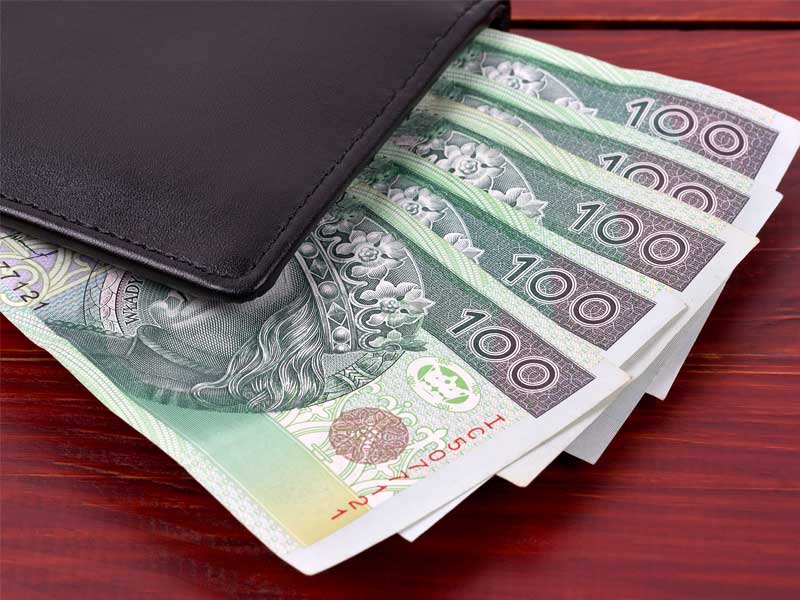Will the appeal of the Polish Organization of Cash Handling Companies be heard?
The Chief Sanitary Inspectorate once again published a message calling for the avoidance of cash payments, which could not pass without the attention of the Polish Organization of Cash Handling Companies (POFOG). She called on the GIS to stop spreading false information. Will this appeal be heard?
Common position of WHO, POFOG and NBP
The Chief Sanitary Inspectorate, similarly to the Ministries of Health and Development, base their messages discouraging the use of cash on the opinion of the World Health Organization. Meanwhile, the WHO has long denied the information that the use of cash would grossly increase the likelihood of contracting the virus.
This is confirmed by specialists from around the world and their research, which clearly states that the risk of contracting the virus while handling cash is extremely low. This is good news especially for people who do not have a payment account or do not use cashless payment methods.
However, these people still face numerous limitations in accepting cash. Many shops and points of sale, at the instigation of government announcements, carry out only non-cash transactions, which may cause some people to have problems satisfying their basic life needs. This is a situation that is unacceptable not only from a legal but also a social point of view. It deepens digital exclusion.
The problem is noticed not only by the POFOG, but also by the National Bank of Poland, which also calls for the universal acceptance of cash and reminds that notes and coin – banknotes and coins – issued by the NBP are legal tender in Poland. As a rule, they should therefore be accepted as a form of making payment transactions. The acceptance of banknotes and coins is crucial for the smooth functioning of monetary settlements in society.
Importantly, cash is the only method of payment in a situation where the infrastructure necessary for the implementation of non-cash payment transactions fails. So you should not frighten the public and unnecessarily encourage the abandonment of cash payments.
Important hygiene, not a form of transaction
The latest research reveals that the virus can stay in the air for up to several minutes in store conditions. Therefore, there is a risk that when making non-cash payments, it will also settle on payment cards and telephones recommended by the Ministry of Health and Development.
In times of pandemic, it seems particularly dangerous to use smartphones to pay. Practice shows that customers, not being aware of the risk, rarely disinfect their equipment. Meanwhile, the virus can stay on its surface for up to four days. During this time, the device is repeatedly touched and brought to the face, which increases the risk of possible infection. Cash, on the other hand, is most often kept in the wallet, and the customer has limited contact with it, usually only when paying.
What’s more, messages from GIS and the Ministries of Health and Development may give customers a false sense of security that it is enough to give up using cash to reduce the risk of infection. This may have dire consequences for all persons who participate in economic transactions.
Retailers therefore urge the government to stop discouraging the public from using cash. It is not the form of the transaction that is of greatest importance, but the maintenance of appropriate hygiene rules, including frequent hand washing and disinfection of everyday items. CHL Holding, as a company providing professional services in the field of cash handling and escorting as well as servicing devices such as ATMs and CDMs, joins this appeal. Providing reliable information in the era of a pandemic will reduce the already high level of anxiety and stress among customers and people who come into contact with cash on a daily basis.

